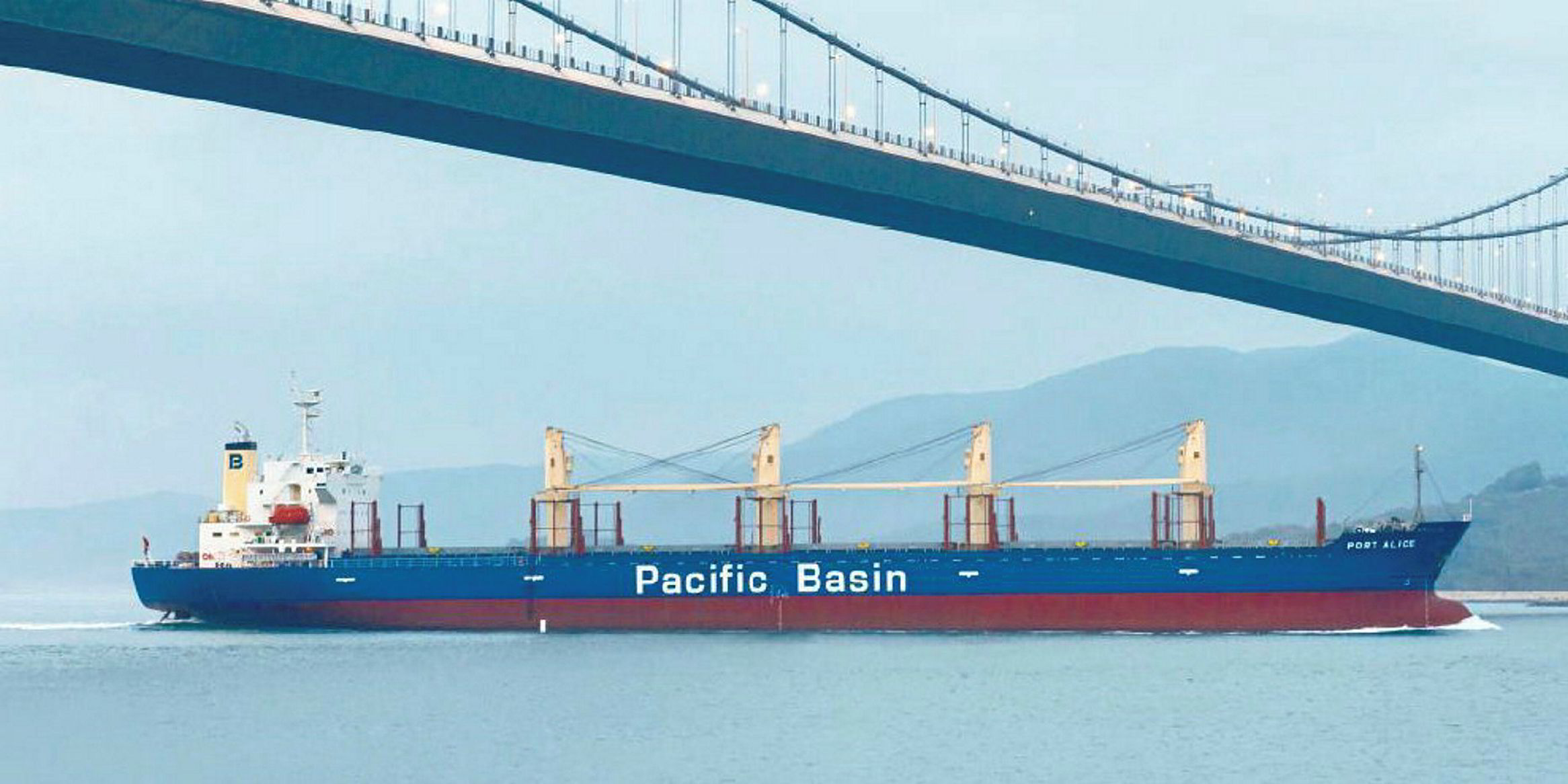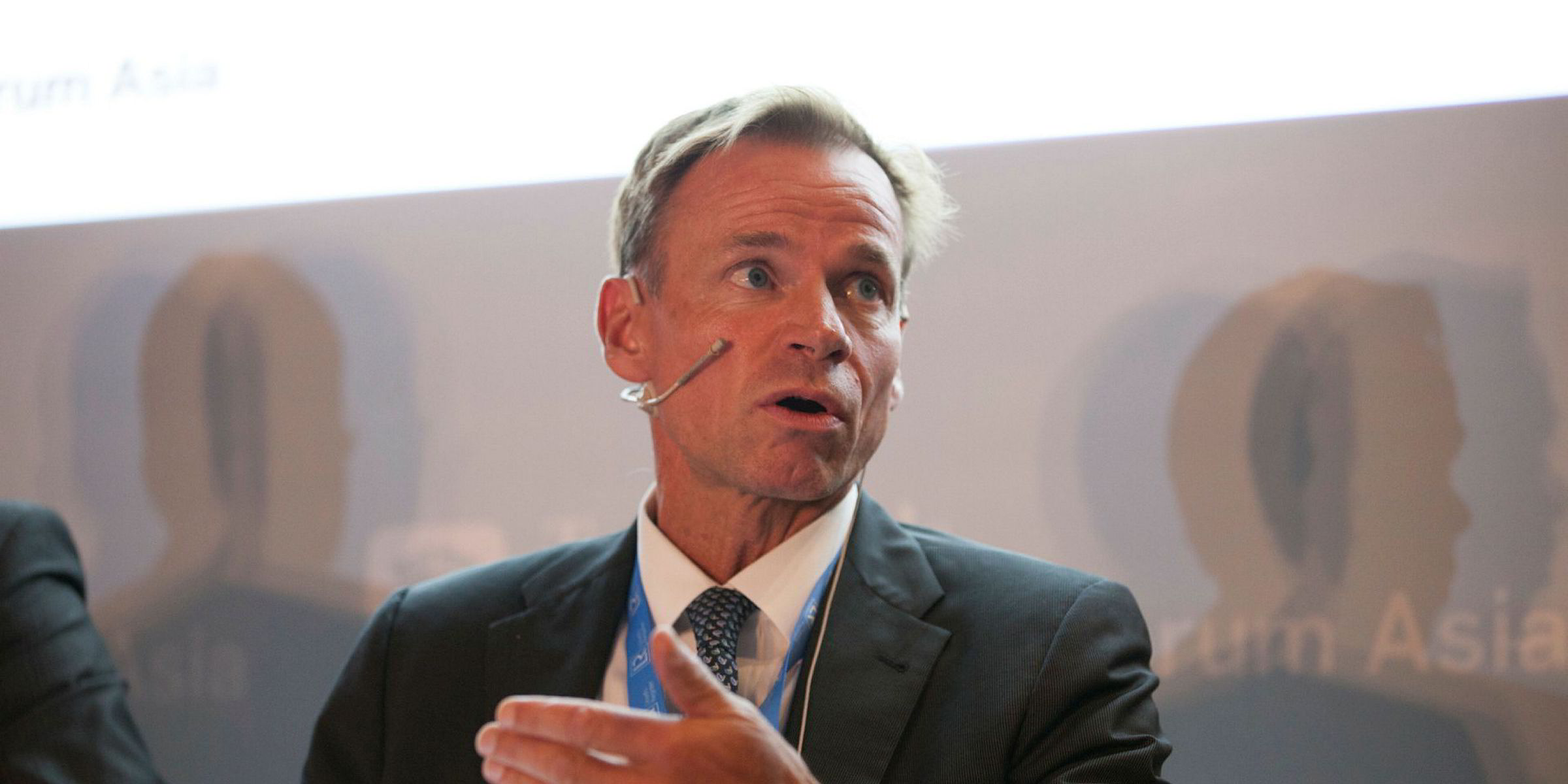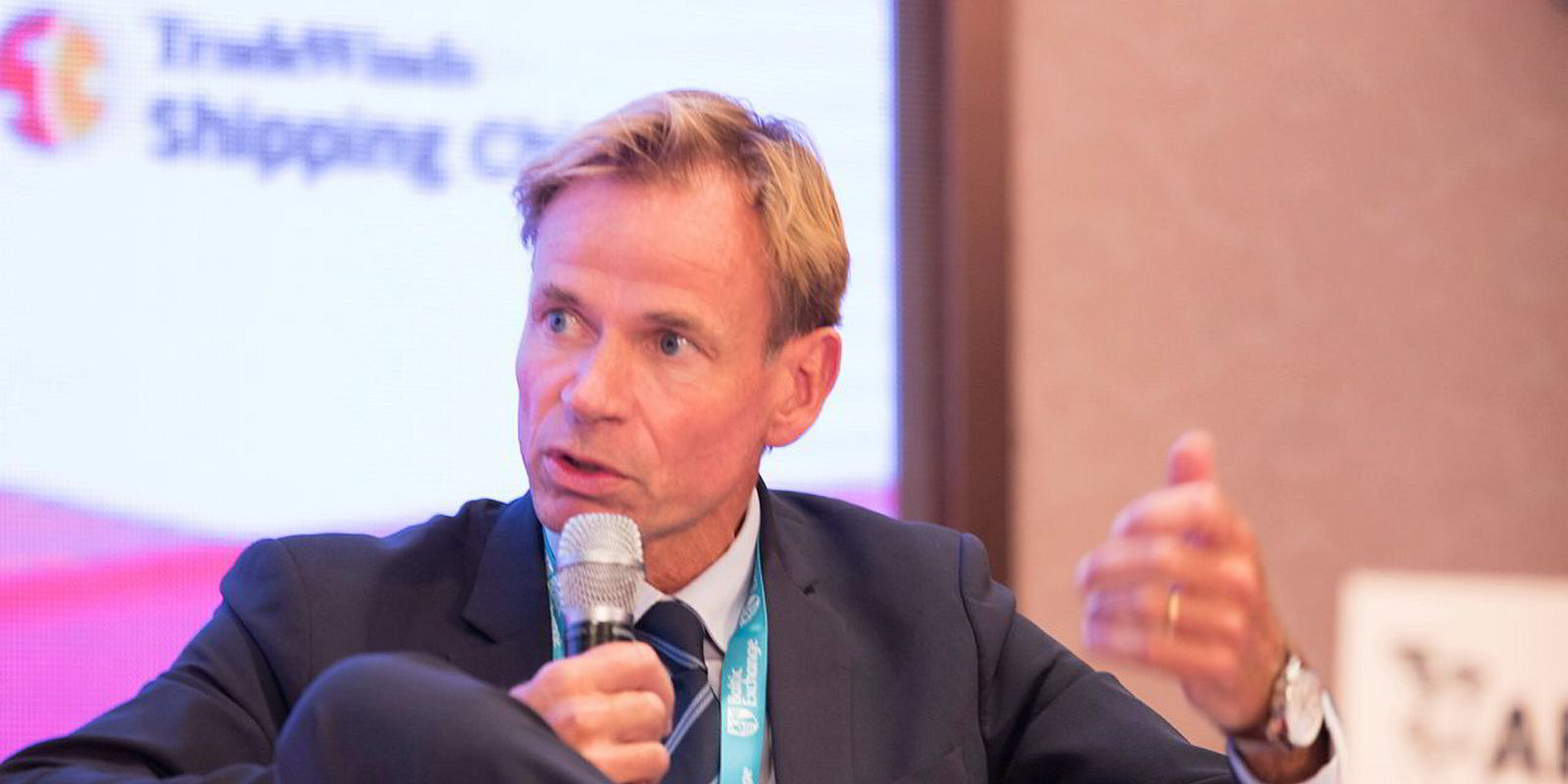Pacific Basin Shipping has branded scrubber technology an ineffective solution to incoming emissions laws and placed the responsibility of meeting sulphur regulations in 2020 at the feet of oil companies.
Hong Kong-listed Pacific Basin has 106 owned vessels on the water, including 80 handysizes and 25 supramax bulkers.
Mats Berglund, chief executive of Pacific Basin, tells TradeWinds the new regulations will be positive for large and strong companies and will push out poorly performing ships.
“Certainly in our segment the vast majority of ships will buy the low sulphur fuel rather than install scrubbers," he said.
'A meaningless process'
“We think that is the smarter way to go. We think that has positive effects. The higher fuel price will mean a slower speed, which will mean lower emissions."
Berglund says there are too many uncertainties around scrubbers for Pacific Basin to consider installing them at this stage.
“We don’t think it’s a very efficient solution, either technically or environmentally, to use scrubbers," he reasoned.
"You are taking out the sulphur and then you are pumping it out into the ocean anyway. It’s partly a meaningless process. It’s very expensive and it’s very difficult to install on small ships.”

Over to you, oil majors
He argues its much better for the refineries to take out the suplhur at a much larger scale.
“Why should shipowners have to sort out the oil companies’ problem?” the executive said.
“We are taking the residual fuel now and we are not allowed to do that going forward.
“We think it would be more logical for them to invest in their refineries to take care of their heavy fuel oil than us doing the investment for them.”
Scrubbers are not doing anything about nitrogen oxide or carbon dioxide emissions with more regulations expected to be introduced in that regard shortly, the executive explains.
“We just don’t think scrubbers are a very smart solution to reduce emissions,” Berglund said.
Uncertainly about new emissions caps, alongside overcapacity and a higher price relative to secondhand ships will also prevent Pacific Basin from ordering newbuildings for now.
“I think that is going to be an outdated ship, so it’s much easier for us to make sense of a secondhand ship which has a much shorter payback time and a much lower price,” he said.
Berglund was talking after Pacific Basin reported a profit for 2017. It snapped a losing run extending back to its last profitable year in 2013.





